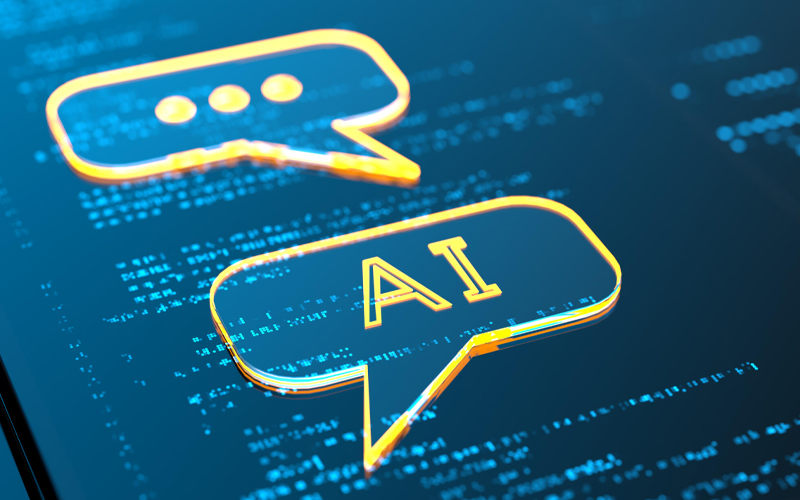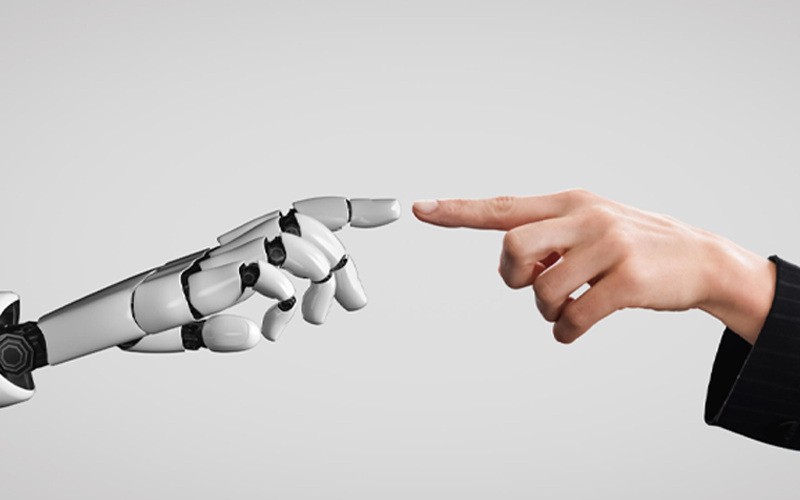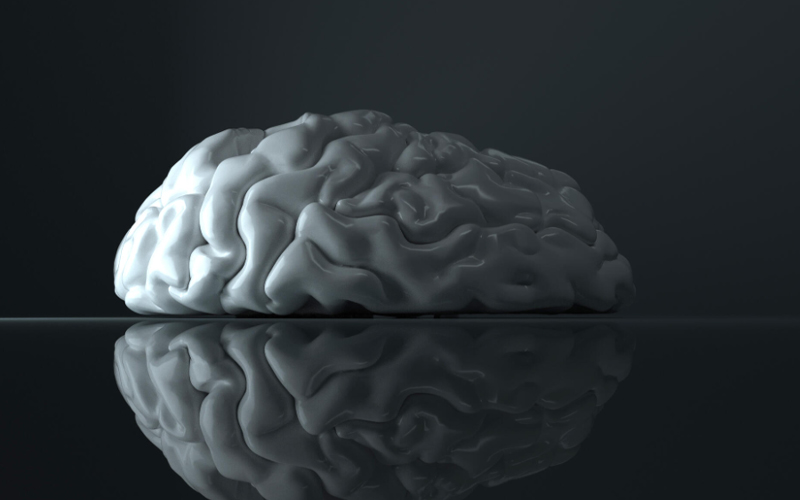What’s the buzz in AI circles nowadays? If you’ve been hearing more about agents and agentic AI, you’re in the right circles! Agentic AI represents a profound shift in how Artificial Intelligence (AI) interacts with the world. Unlike AI systems, built to date, that responded passively to specific queries, Agentic AI systems can autonomously pursue goals, make decisions, and take actions across multiple domains. These intelligent agents in AI combine sophisticated machine learning algorithms with decision-making frameworks to create systems – systems that don't just answer questions but solve complex problems independently. The key word here is independently – without human intervention.
How do agentic models work? At their core, Agentic models in AI perceive their environment through data inputs, and then reason about the best course of action using both programmed heuristics and learned patterns. Following that, they execute those actions to achieve specific outcomes. This mode of operation is a fundamental evolution beyond earlier AI implementations that required constant human guidance.
A key component of this technology is the knowledge-based agent in artificial intelligence. This kind of agent maintains an internal representation of its environment and tasks in a knowledge base and associated logical rules. This knowledge base allows the agent to reason about complex scenarios, understand the actual context, and make data-backed decisions—very much like a human professional would when faced with a multifaceted challenge at work.
There are many types of agents in AI, such as simple reflex agents, model-based agents, goal-based agents, utility-based agents, and learning agents. Among these, modern enterprise implementations typically leverage learning agents in AI. As the name suggests, these are agents that can improve their performance over time through experience. This makes them particularly invaluable as workplace assistants.
The potential of agents in artificial intelligence can perhaps be best understood when we look at scenarios in finance and accounting operations, where precision and efficiency are prized capabilities.
Consider a typical corporate finance department responsible for accounts payable processing, financial reporting, and compliance monitoring. Previously, Accounts Payable (AP) personnel may have spent hours manually reviewing invoices, matching them to purchase orders, identifying discrepancies, and routing them for approval. With AI agents in finance, these processes can transform dramatically. An Agentic AI system can independently examine invoices received via email, extract all the relevant information with computer vision, cross-reference invoices with purchase orders in the company’s Enterprise Resource Planning (ERP) system, flag anomalies based on historical patterns, and even initiate payment workflows—all of these with no human intervention!
What makes this different from simple automation? The difference lies in the adaptive intelligence behind the system. When AI agents for banking and finance encounter unusual situations—for example, an invoice with missing information or pricing that deviates from contracted terms—they don't simply flag the anomaly or notify a human, and wait for further instruction. Instead, they may proactively reach out to vendors for clarification, apply reasoning based on similar past situations, or eventually, escalate to human teammates with specific questions and suggested resolutions.
The finance professional's role evolves from transaction processing to exception handling, strategy, and relationship management. For a typical AP clerk who may currently be spending 80% of their time on routine processing and 20% on analysis, the ratio flips—creating more fulfilling work for the clerk and greater business value for the organisation.
The integration of Agentic AI into white collar workplaces is reshaping numerous professional domains, creating entirely new job categories while transforming existing ones. Consider new roles such as:
- AI Workflow Designers who design the processes and decision frameworks that agentic AI systems follow. They map business processes, identify automation opportunities, and create the rule sets that guide AI agents.
- AI-Human Collaboration Specialists: As the workplace becomes populated with both human agents in AI environments and their digital counterparts, these people ensure the collaboration is productive, designing interfaces and interaction protocols between human teams and AI systems.
- Prompt Engineers and AI Trainers who develop the inputs and feedback mechanisms that shape the behaviour of AI agent models, ensuring they perform according to business requirements and ethical standards.
- AI Ethics and Governance Officers: With greater autonomy comes increased responsibility. These officers establish guardrails for Agentic models in AI, monitoring their actions and ensuring their compliance with regulatory and ethical standards.
- AI System Integrators: These technical specialists ensure that multi-agent AI systems can communicate effectively with existing enterprise software, databases, and external systems.
- Business Intelligence Augmenters: Rather than merely creating reports, these professionals work alongside Agentic AI systems to derive key insights, challenge AI assumptions, and translate analytical findings into strategic business recommendations.
- Workforce Transformation Leaders: These change management experts help organisations redesign workflows and team structures to leverage the capabilities of multi-agent systems in AI across departments.
On the human side, a change in mindset among employers and employees is essential for success. Success in this new environment requires knowledge workers who have specific competencies that complement rather than compete with intelligent agents in AI. The most important skills for the new knowledge worker include:
- AI Fluency and Collaboration Skills: New-age knowledge workers must understand the capabilities and limitations of Agentic AI systems and develop proficiency in directing, supervising, and collaborating with these digital teammates.
- Complex Problem Framing: While AI excels at solving well-defined problems, humans must cultivate their ability to identify the right problems to solve and frame them effectively for AI assistance.
- Judgment and Decision-Making: Knowledge workers need to develop expertise in making decisions under uncertainty, particularly those involving ethical considerations or competing values that knowledge-based agents in artificial intelligence may struggle to balance.
- Creativity and Innovation: The human capacity to generate novel ideas and approaches remains a distinctive advantage. Tomorrow's knowledge workers need to focus on developing creative skills that complement the analytical strengths of types of agents in AI.
- Systems Thinking: Understanding intricate workflows of cause and effect across organisational boundaries becomes increasingly important as multi-agent AI systems automate more workflow components.
- Emotional and Social Intelligence: The uniquely human abilities to understand emotions, build trust, navigate politics, and inspire others become even more valuable as technical tasks are increasingly handled by Agentic models in AI.
- Adaptability and Continuous Learning: Perhaps most importantly, knowledge workers must embrace perpetual learning as the technological landscape evolves and learning agents in AI continuously reshape workplace possibilities.
The effects are being seen in fields as diverse as law, medicine, design, and consulting. Workplace changes are underway, with routine aspects of knowledge work increasingly delegated to AI agents while human professionals focus on judgment, creativity, and interpersonal dimensions of their disciplines.
The evolving relationship between knowledge workers and Agentic AI will define the future of many knowledge-based workplaces. Organisations must build frameworks and guidelines to preserve human judgment and creativity while leveraging the remarkable capabilities of intelligent agents in AI. Enterprises that can thoughtfully navigate this transition and support their employees through it will thrive in the transformed landscape of white-collar work.
How Infosys BPM can help
With a panoply of automation and business process outsourcing services, Infosys BPM is at the forefront of offering services leveraging the latest technologies including Generative AI and Agentic AI. Infosys’ Accounts Payable On Cloud (APOC) platform is a case in point - a next-generation SaaS platform that supports enterprises in their bid to transform their Accounts Payable function by infusing AI agents for end-to-end invoice processing.







